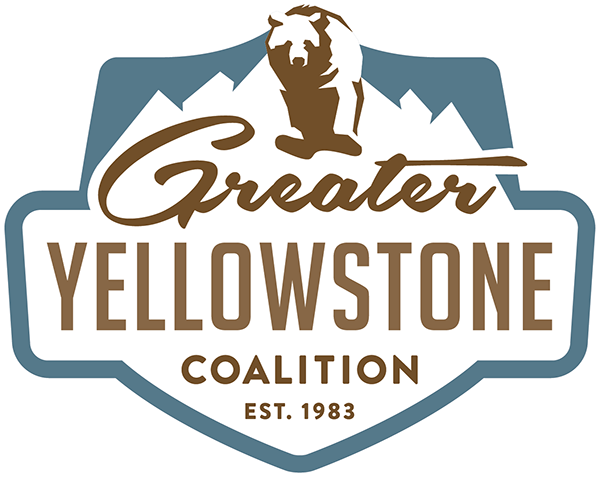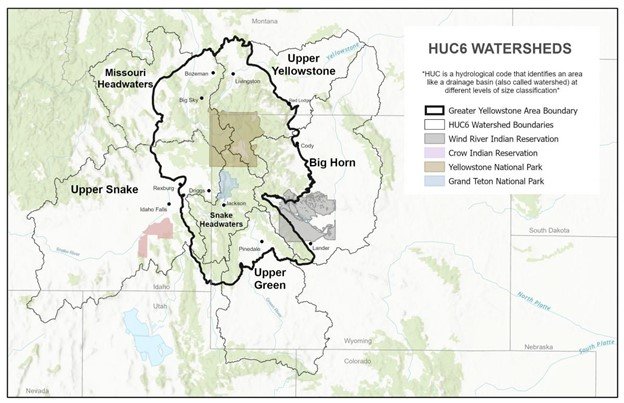Draft Greater Yellowstone Climate Assessment open for public review
The Greater Yellowstone Coalition, in partnership with Montana State University, the University of Wyoming, and the Greater Yellowstone Coordinating Committee (GYCC) is pleased to announce an open public comment period on the Draft Greater Yellowstone Climate Assessment (the Assessment). Extending from now until April 30th, interested members of the public are invited to read and provide written substantive feedback on a Draft Greater Yellowstone Climate Assessment, which has been nearly three years in the making. The Assessment has financial support from the region’s universities, the US Geological Survey, the Greater Yellowstone Coalition, and the Greater Yellowstone Coordinating Committee, which is made up of the region’s federal and state natural resource agencies.
Lower Green River Lake in the Bridger Wilderness, Wyoming. (Photo Bridger Teton National Forest)
Inspired by the successful Montana Climate Assessment published in 2017, the Greater Yellowstone Climate Assessment is a stakeholder-driven, science-informed climate assessment of the 20-million-acre Greater Yellowstone Area (GYA). It is one of the first ecosystem-scale climate assessments of its kind. The assessment features in-depth analysis of past, recent, and projected future changes in temperature, precipitation, and water in all six major basins of Greater Yellowstone – Missouri Headwaters, Upper Yellowstone, Big Horn, Upper Green, Snake Headwaters (WY), and the Upper Snake (ID).
The Greater Yellowstone Climate Assessment comes at a time when public concerns about climate change are on the rise at regional, national, and international levels. Impacts to the region’s environment and economy continue to be observed by agricultural producers, natural resource managers, conservationists, recreationists, and other members of the public. The widespread consensus that the effects of climate change are increasingly apparent in all parts of the planet motivated us to analyze the potential impacts on the climate and water resources of the Greater Yellowstone Area.
The Assessment is a multi-phase effort to analyze and communicate existing and potential future impacts of climate change in the Greater Yellowstone Ecosystem. As a contribution to the Assessment, the Greater Yellowstone Coalition conducted qualitative research and analysis based on interviews with more than 40 stakeholders throughout the region. This research allows us to better understand people’s concerns and ideas about addressing or adapting to a changing climate.
Map of the Greater Yellowstone Area (GYA) showing the six Hydrologic Unit Code 6 (HUC6) watersheds studied under the Assessment, and including mountain ranges, lakes and major river systems, jurisdictions, and selected towns. The portions of the watersheds within the GYA boundary are studied in this report.
The Draft Greater Yellowstone Climate Assessment has already undergone rigorous scientific, peer review to ensure that the findings meet the highest scientific standard. Now it is ready for a sneak-peek for the public to comment on before the report is finalized for publication.
In the vein of transparency and a commitment to excellence, the authors of the Assessment seek input from the public, contributors, and organizations on this draft report. Our goal is to better assess the value and clarity of its content before its formal release in late June 2021. We commit to reading and considering every comment provided by the public, although public comments may or may not be incorporated into the final report.
Public comment on the Draft Greater Yellowstone Climate Assessment will be taken through a Google Form only. To access the Assessment and associated Google Form go to www.gyclimate.org and follow the directions there. And recall, comments can only be submitted through April 30th.
—Charles Drimal, Waters Conservation Coordinator



